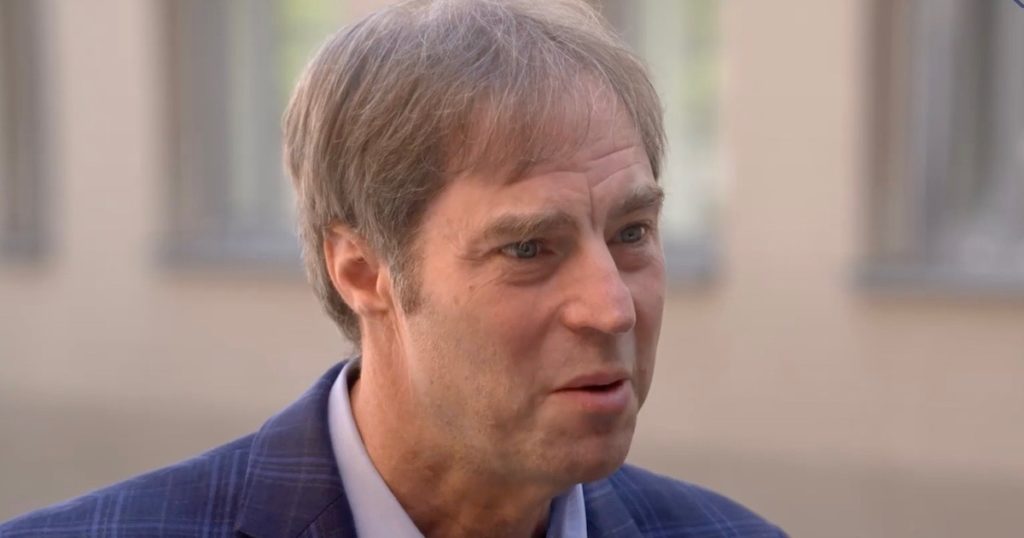 Bioethics
Bioethics
 Intelligent Design
Intelligent Design
Stephen Meyer: Totalitarian Dystopias and the God Hypothesis

Stephen Meyer, writing at The American Mind, highlights an important lesson about the consequences of dismissing what he calls, in the title of his recent book, the God Hypothesis. He’s responding to an essay by Andrew Klavan that notes the connection between tyranny and atheism. The most tyrannical societies have also been the most atheistic, and the most likely to point to “science” as a justification on both counts.
Humans as “Purely Material Entities”
From, “God’s Footprints”:
Klavan’s insight about the relationship between dystopias and atheism (or scientific materialism) is also perceptive. The fictional dystopias of Brave New World, The Giver, The Matrix — and I would add, C. S. Lewis’s That Hideous Strength — invariably depict future states where men and women are treated as purely material entities devoid of moral impulse and spiritual longing. In such dystopian societies, a reductionist and materialistic concept of human beings ensures that something important — love, freedom, human rights, justice, dignity, faith — is always horrifically omitted or suppressed by those in control.
The totalitarian dystopias of the 20th century replicated this pattern, but in real life. National Socialism and Soviet Marxism both cited science as a justification for their materialistic ideologies and utopian visions but succeeded only in creating hell on Earth — and, indeed, in perpetrating genocide. All of this supports Klavan’s other key contention: “We need not abandon the scientific knowledge of modernity, but we must subjugate it to the needs of our humanity rather than allow its fleshless, sexless, motherless materialism to turn us into itself.”
The insight is timely, given the two-year anniversary of lockdowns that we’ve recently observed. During that time, some states and countries were far more tyrannical than others. The worst offenders claimed to be simply “following the science.” What made the difference? No doubt, how secular the culture of the place is played a role. Secularism tends to see experts as deities to be unquestioningly venerated. The God Hypothesis has consequences beyond science or faith.
Will We Learn from That?
Coincidentally, I was listening today to radio host Dennis Prager who suggests a related question to pose to friends and family. Prager asks, “What have we learned from the past two years?” That would actually be a great subject for a book. He was referring to the widespread dystopia that was imposed with the coming of COVID: the masks, the lockdowns, the isolation, the riots, denying children access to school, the apartheid for the unvaccinated. Focused on the virus to the exclusion of all else, political and other leaders listened to the medical “experts.” But few leaders or experts considered what the broader consequences, for what Klavan terms “the needs of our humanity,” might be.
The nightmare goes on in some places, like China. In the United States, for the moment there is a backing away from the most damaging and tyrannical aspects of the COVID response. Institutions, including churches and synagogues, that acted with a heavy hand now have retreated, with no public apology or any acknowledgment that they might have been seriously misguided. Humans hate to say they were wrong.
A moral that Prager draws from this is that “experts” should be limited in the scope of what we’re interested in hearing from them. Share medical or other knowledge with us, please, but keep your advice — what practically to do with that knowledge — to yourself. Expertise, like atheism, shades all too readily into tyranny.
